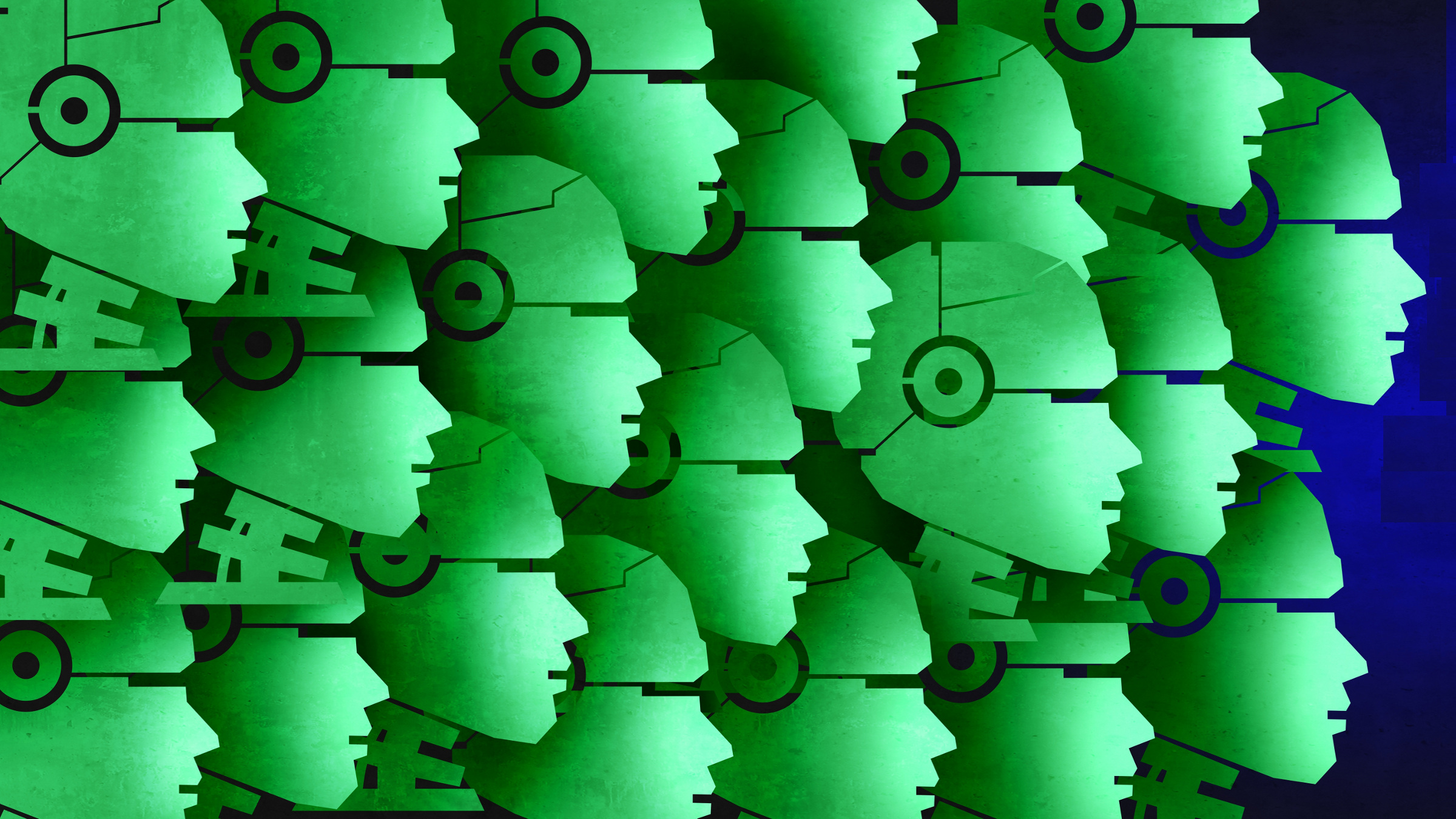
The unfilteredness of the Internet, while largely considered a plus, is taking some knocks. Abundant, easily accessible data sits side by side with "rumors, lies, and errors," and the victim is science, according to Michael Specter. "Anyone can seem impressive with a good Web site and some decent graphics," he writes in Denialism: How Irrational Thinking Hinders Scientific Progress, Harms the Planet, and Threatens Our Lives, (Penguin Press, 2009) (http://www.amazon.com/Denialism-Irrational-Thinking-Scientific-Threatens/dp/1594202303).
The Internet contributes to a "dysfunctional relationship with science" because its structure and evolution have created a place "where misinformation is likely to thrive and good information has a harder and harder time competing," says Chris Mooney, co-author of Unscientific America: How Scientific Illiteracy Threatens Our Future (Basic Books, 2009) (http://www.amazon.com/Unscientific-America-Scientifc-Iliteracy-Threat-ens/dp/0465013058), in an exchange with Specter on Slate (http://www.slate.com/id/2234719/entry/2234720/).
Science is difficult, and "too many scientists don’t know how to explain it," Mooney writes. That gives quackery some footing. "For every accurate science blogger, there is an extremely popular anti-science blogger or Web site…. As a consequence, real science is constantly abused, and the most credible experts can barely keep up with all the nonsense, much less refute it," Mooney says.
Social networks can compound the abuse by spreading information deemed "interesting" more quickly than information that is not so interesting, according to researchers at IBM and Carlos III University of Madrid (http://cacm.acm.org/news/50689). Indeed, Spanish researchers say their data "corroborates the predominant role of heterogeneity in social networks where the spread of information is concerned."
Misinformation is a corollary to Internet empowerment.
A silver lining may be the example of Wikipedia that questions the assumption that truth will prevail online. The online encyclopedia dropped its trademark egalitarianism and gave control of some of its content to editors (http://meta.wikimedia.org/wiki/Wikipedia_needs_editors). "Some more security, some more procedure can make things more organized," the site says, "[even] if it sounds anti-wiki."



Join the Discussion (0)
Become a Member or Sign In to Post a Comment